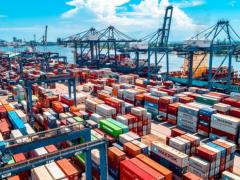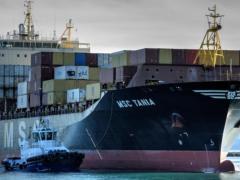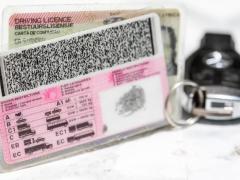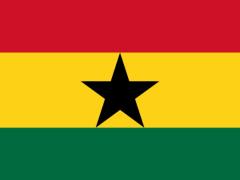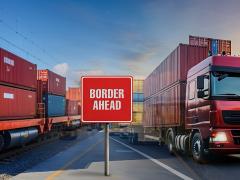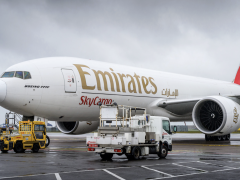The world economy is just 8.5% of the way towards what could be considered full global digital trade integration and openness, according to the new OECD Index of Digital Trade Integration and Openness (Indigo). The index measures evolving international discussions and commitments on issues that matter for digital trade across 193 countries, from 2000 to 2024. Singapore is ranked as the most integrated and open country to digital trade with an Indigo-t of 0.17 points, closely followed by Australia and Japan. A number of African countries, such as Benin, Burkina Faso and Gambia, are ranked among the least integrated participants in global digital trade. South Africa’s current digital trade integration is described as modest and heavily reliant on multilateral agreements through the World Trade Organization (WTO). The country has an Indigo-t score of 0.098, composed almost entirely of commitments made through the WTO (0.097), which positions it mid-way at 70th of 193 countries. It is, however, the most integrated in sub-Saharan Africa, and this is reflected in the low score of 0.001 given to Regional Trade Agreements (RTAs). African countries aim to create the continent’s own digital trading platform through the African Continental Free Trade Area Digital Trade Protocol (AfCFTA DTP), signed in February 2024. While the AfCFTA DTP has been adopted, negotiations on its eight annexes on including rules of origin and cross-border digital payments are ongoing, according to Kholofelo Kugler of the International Institute for Sustainable Development. ER
Long haul to full digital trade
Comments | 0


